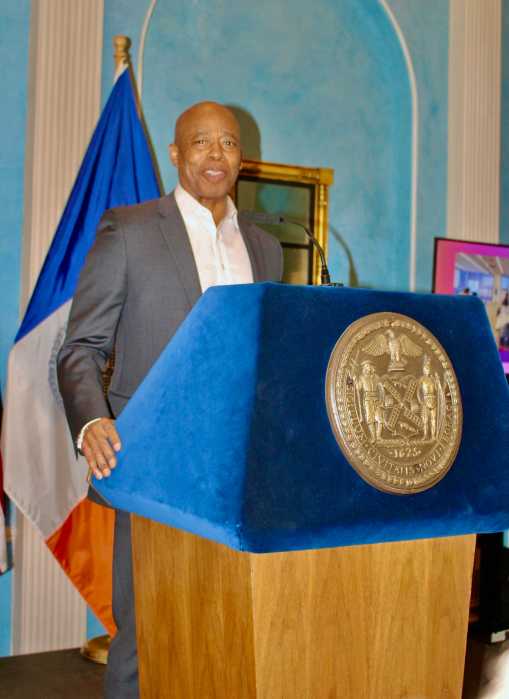The Massachusetts Supreme Judicial Court has ruled that a same-sex marriage contracted in that state was void under the Massachusetts law against polygamy, because one of the spouses had never formally dissolved a prior Vermont civil union. The court's unanimous ruling means that a pending divorce action to end the marriage will be dismissed.
According to the July 26 opinion by Chief Justice Roderick Ireland, Todd J. Warnken, entered into a civil union in Vermont in 2003. There is no proof that his civil union partner is deceased or that the civil union was legally dissolved.
In 2005, Warnken and Richard Elia were married in Massachusetts. In 2009, Warnken filed for divorce. Elia counterclaimed stating that Warnken had an “undissolved civil union.”
This posed a question: Was the Massachusetts marriage ever valid, considering that Massachusetts has a polygamy statute that says that a marriage is void from its inception if one of the parties already has a husband or wife? If there was no valid marriage, then there would be no need for a divorce.
The court decided that for purposes of construing the marriage and polygamy laws, a Vermont civil union should be recognized as “the equivalent of a marriage” in Massachusetts.
In Massachusetts, same-sex marriages began in May 2004 following a November 2003 ruling by the Supreme Judicial Court. Between those dates, the state legislature asked the court whether a civil union law would meet state constitutional requirements. The court said that only marriage would satisfy the equality requirements of the Massachusetts constitution and that civil unions and marriages are not the same thing
Arguing that his Vermont civil union is irrelevant to the validity of his Massachusetts marriage, Warnken stressed this holding by the court. If the state’s highest court ruled in 2004 that civil unions are different from marriages, and the Massachusetts polygamy ban refers only to husbands and wives, not to civil union partners, then his Massachusetts marriage was valid and a divorce is necessary to terminate it and, incidentally, he was not guilty of polygamy.
The court disagreed. Ireland wrote that refusing to recognize a civil union would be “inconsistent with the core legal and public policy concerns” that the court had articulated in its same-sex marriage rulings: “protection and furtherance of the rights of same-sex couples.”
The court also found another “compelling reason” in the context of this case: “to avoid the uncertainty and chaos that would otherwise result.” The problem is that if the same individual could have a valid Vermont civil union with one person and a valid Massachusetts marriage with another at the same time, “he would have two legal spouses, each of whom could expect virtually the same obligations from him, such as spousal or child support, inheritance, and healthcare coverage.”
What if Todd had died, for example, leaving a surviving Vermont civil union partner and a surviving Massachusetts spouse to fight over who is entitled to inheritance rights?
“Likewise,” wrote Ireland, “[Warnken] could demand the same obligations from each of his spouses. Preventing complications such as these is one of the purposes of the polygamy statutes.”
Having recognized the Vermont civil union in this context, the court found the application of the polygamy statute to be an easy step, rejecting Warnken's argument that because Vermont civil union partners are not referred to in the Vermont Civil Union Act as “husband” or “wife” to be irrelevant.
Since polygamy is against public policy in Massachusetts and Warnken has a legal spouse in Vermont, “his marriage to the [Elia] was void,” Ireland wrote. No need for a divorce.
Karen L. Loewy and Bennett H. Klein from Gay & Lesbian Advocates & Defenders, the New England LGBT public interest law firm, represented Elia.
































